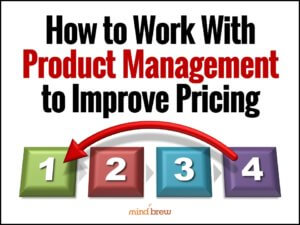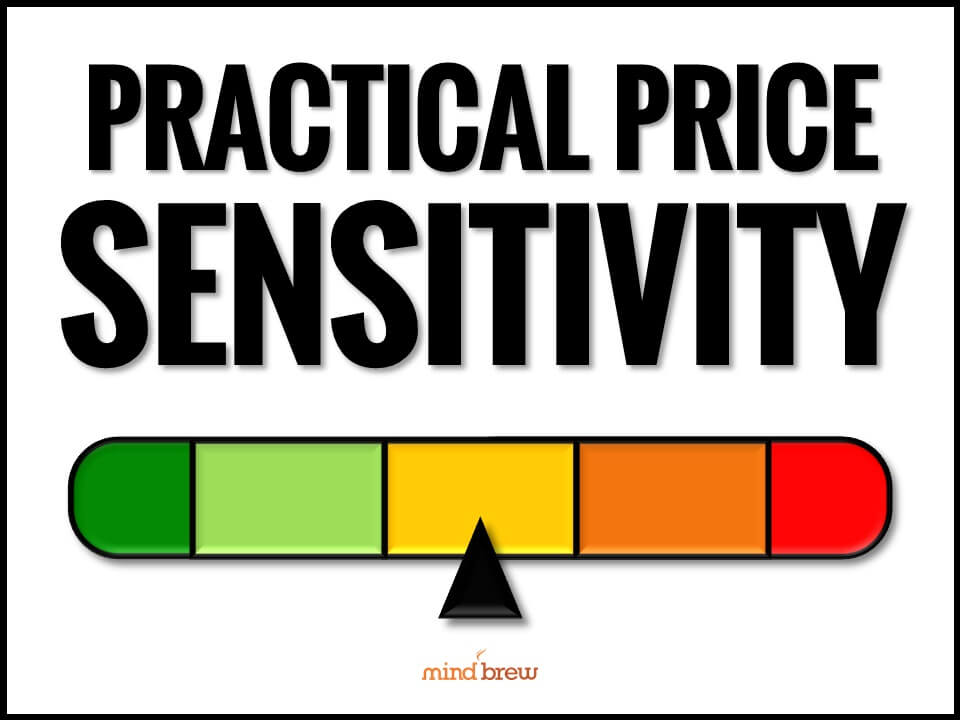In an earlier article, I discussed some tell-tales signs and indications that Product Management is not doing the requisite homework to maximize value perceptions and pricing power in the marketplace. As upstream decisions tend to act as a governor on pricing performance downstream, these deficiencies can’t help but make Pricing’s job more difficult than it needs to be.
But if Product Management is missing the mark, what can we do about it?
Addressing a challenge like this…in another department, no less…is never easy or quick. But with dogged determination and the right approach, it can definitely be done. In fact, in the Working with Product Management to Improve Pricing webinar, we explore a number of strategies and tactics that others have found to be effective.
One of the many strategies we highlight is all about changing expectations…
The drive to meet others’ expectations is very strong. It’s what makes peer pressure so hard to resist. For most, the prospect of letting other people down is extremely uncomfortable. And in a business context, who wants to be viewed as someone who’s not meeting expectations and failing to get the job done?
So…you can expect that the homework is actually being done. Maybe it is. Maybe it isn’t. But it’s best to give Product Management the benefit of the doubt, right?
And when the homework is actually being done, it’s reasonable to expect that certain deliverables will be available upon request. Therefore, Product Managers can be expected to provide detailed information about things like:
- The value-based segments that exist in the marketplace.
- The targeting priorities among those different segments.
- The key value drivers for buyers in the various segments.
- The competitive alternatives that are deemed most viable.
- The differential value estimates in the priority segments.
- The strategic messages that will best convey that value.
- The expected objections and how best to address them.
Now, this isn’t about playing a nasty game of corporate “gotcha”. Of course, you’ll want to be diplomatic when asking for this information and these deliverables. And you’ll also want to be prepared to be gracious and helpful should it turn out that this information is not available and these deliverables do not exist.
It’s just that when Pricing, Sales, and other constituent groups begin to ask different questions and expect different deliverables, it necessarily creates an advantageous organizational dynamic and provides a catalyst for change.
This change won’t happen overnight, of course. And Product Management will need plenty of help along the way. But it’s a start…with a big push in the right direction.
















